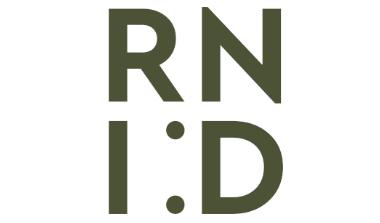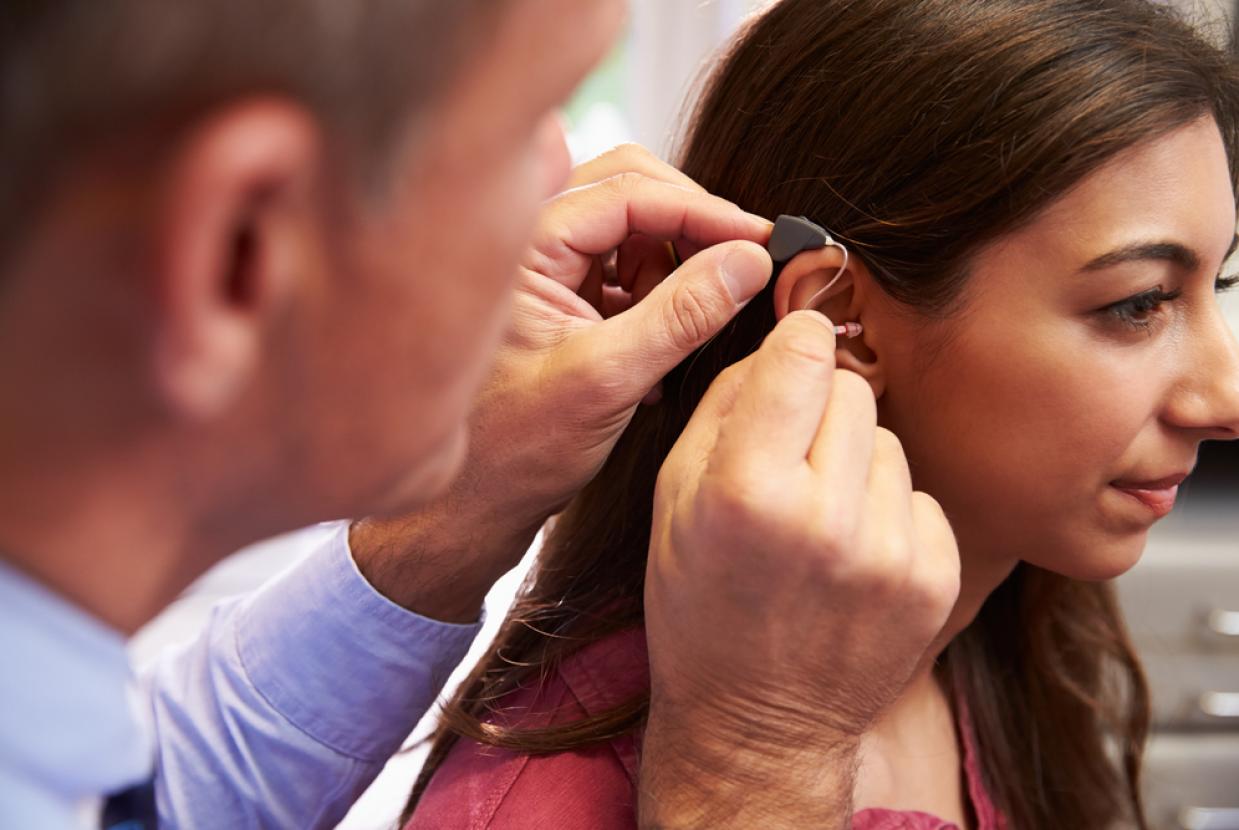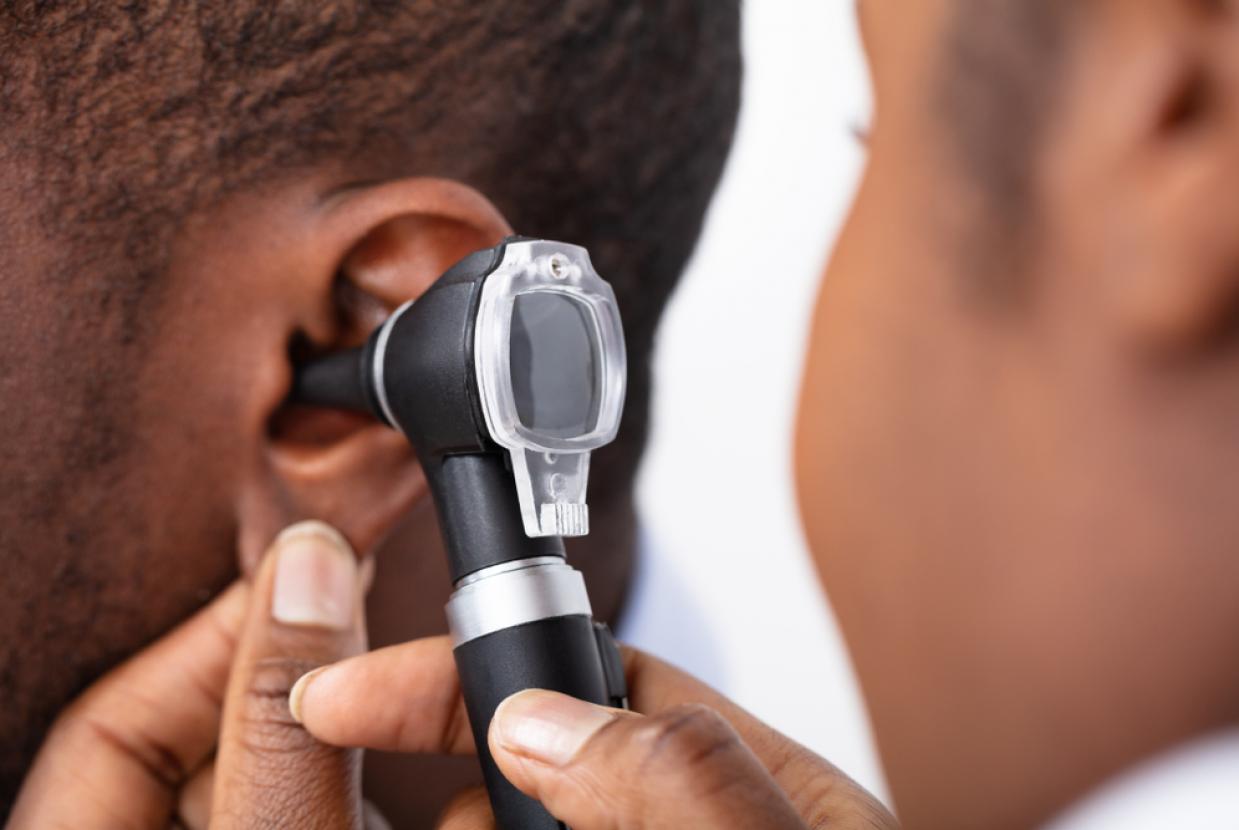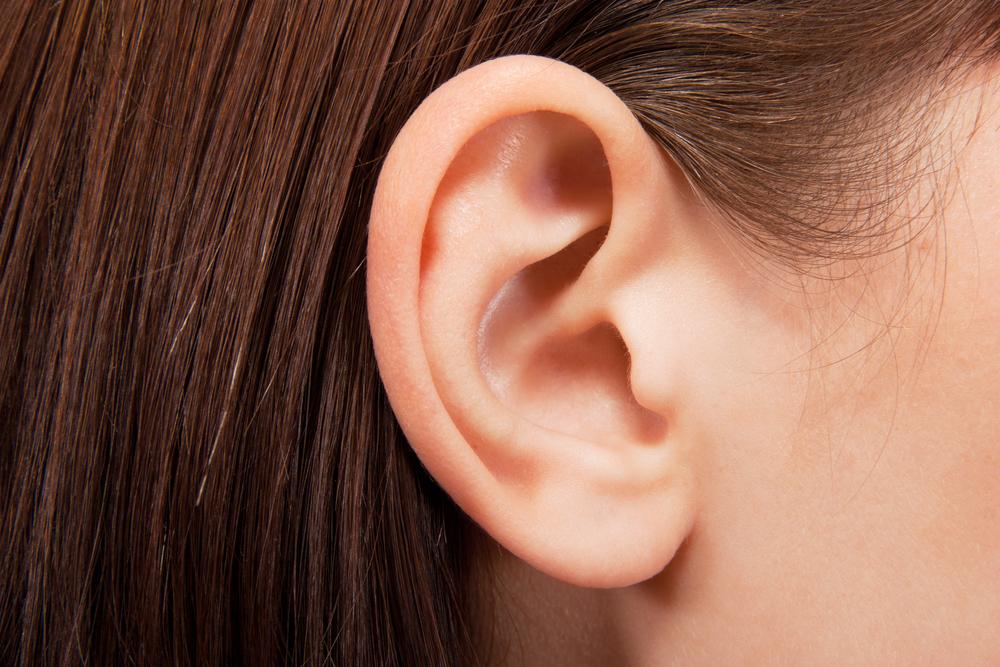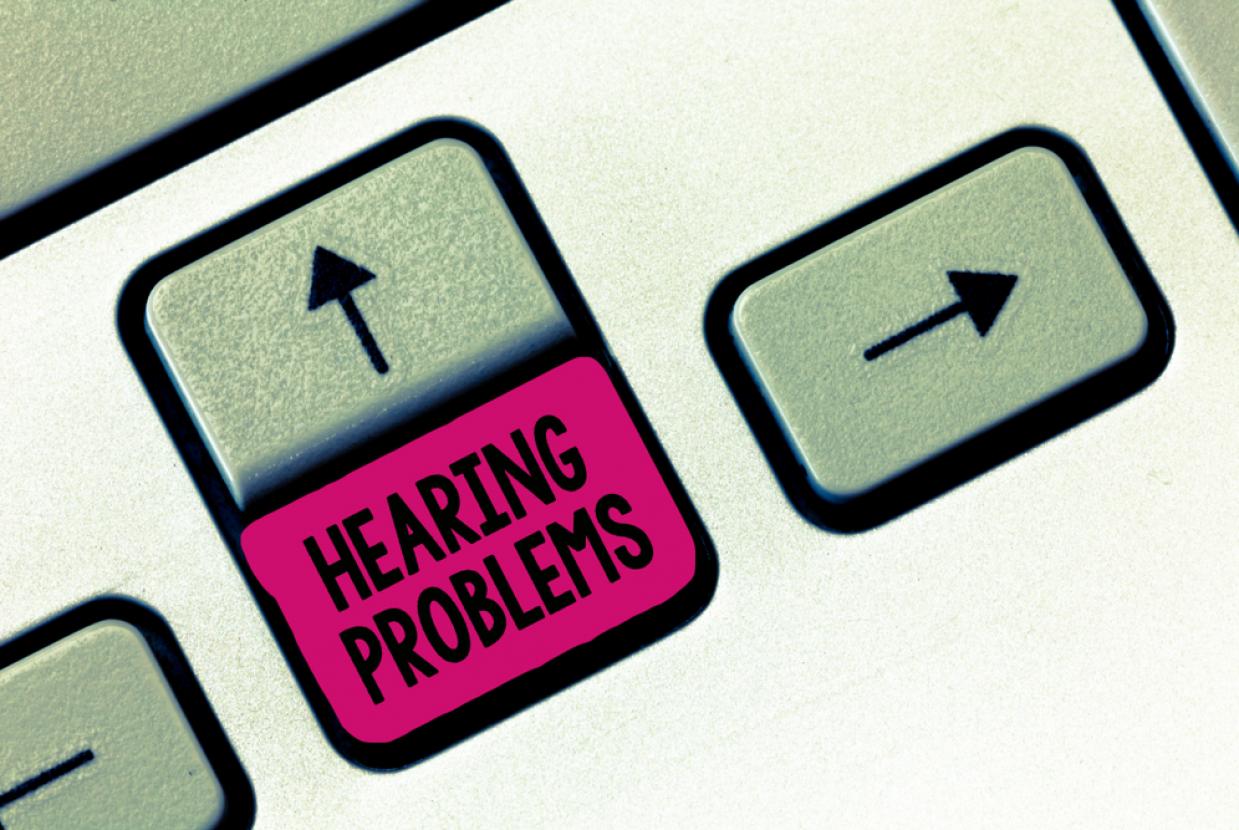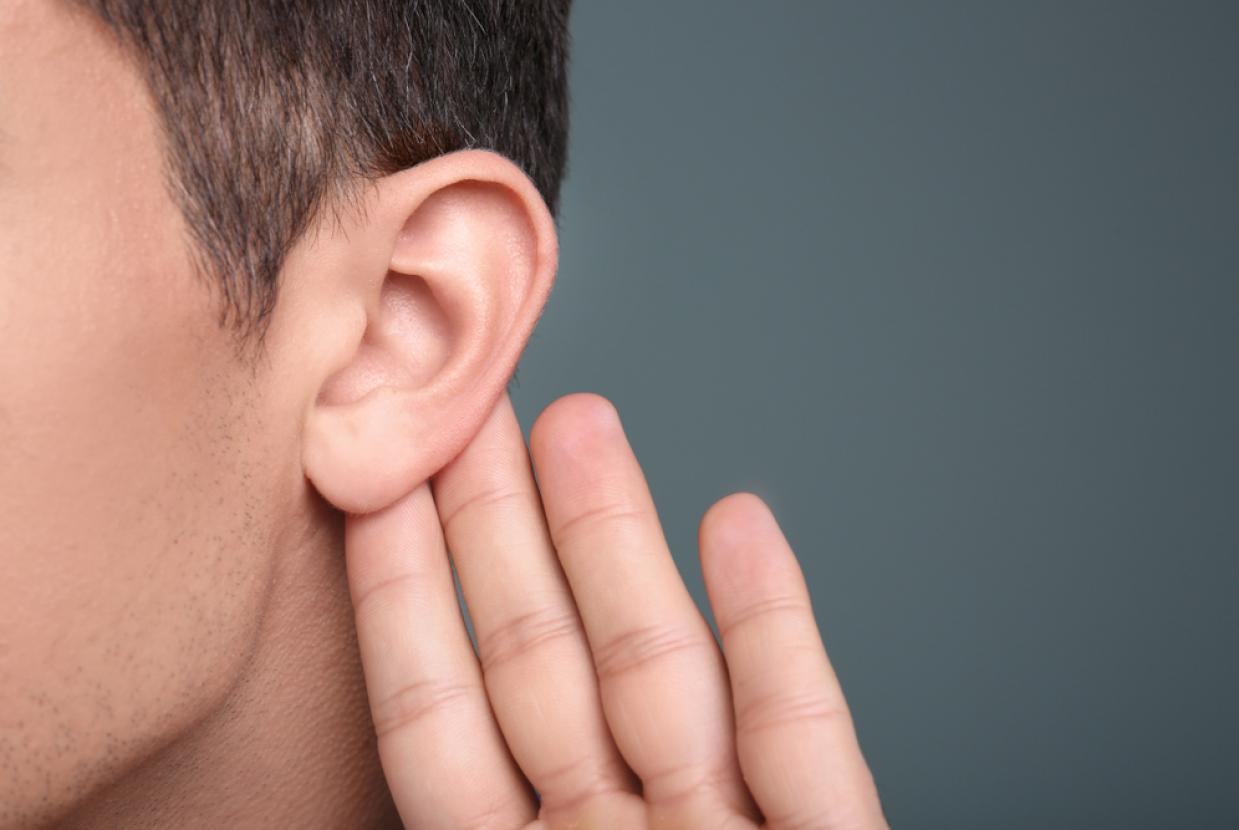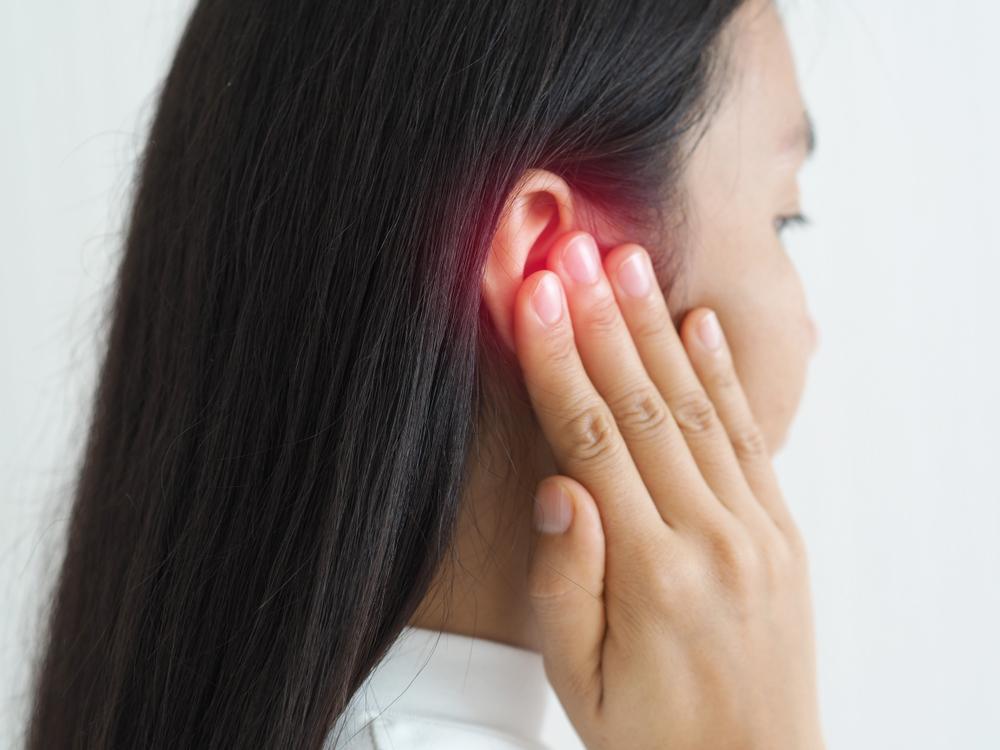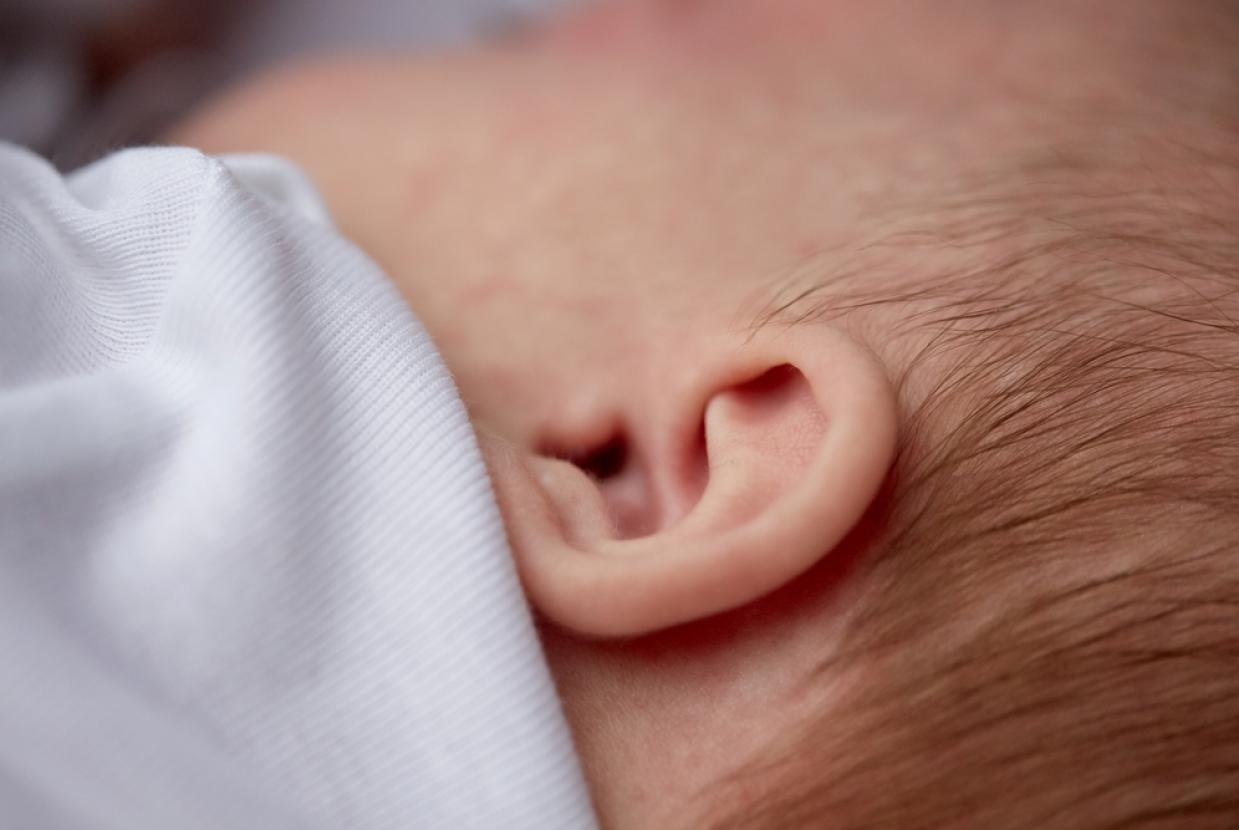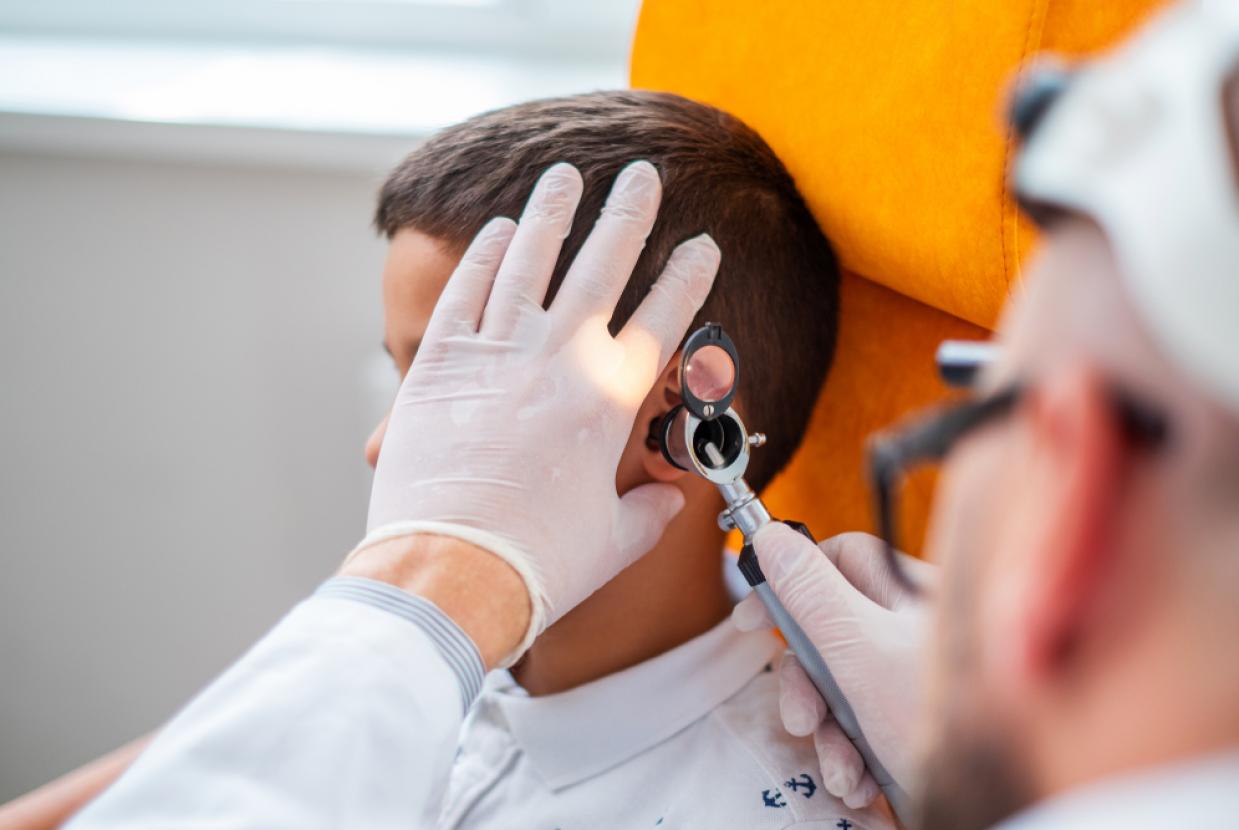Tips For Communicating Clearly
While hearing aids can make a huge difference to what people who wear them can hear, they do not restore perfect hearing. This is where communication tips are vital, both for people with hearing loss and for people communicating with someone with a hearing loss.
Tips when speaking to a family member or friend with a hearing loss:
- Make sure you have the person’s attention before you start speaking.
- Use their name to attract their attention. People usually hear their name better than they hear other words.
- Don’t approach them from behind, or tap them on the back to attract their attention. Approach from the side or the front.
- Turn off the radio or TV before you start a conversation.
- Find a place to talk that has good lighting, away from noise and distractions.
- Turn your face towards them so they can easily see your lip movements.
- Speak clearly, not too slowly, and use normal lip movements, facial expressions and gestures.
- Make sure what you’re saying is being understood.
- If they don’t understand what you’ve said, try saying it in a different way.
- Keep your voice down: it’s uncomfortable for a hearing aid user if you shout and it looks aggressive.
- Get to the point: use plain language and don’t waffle.
- If you’re talking to one person with hearing loss and one without, focus on both of them.
Be aware that when visiting public venues such as pubs and restaurants, the levels of background noise can vary greatly from venue to venue, so perhaps suggest meeting somewhere where you know it is quiet. For example, where there is carpet rather than wooden flooring and soft furnishings to help reduce sound reverberation and echo.
Remember, your relative or friend may find it harder to hear what you’re saying if:
- they are tired
- everyone is talking at once
- they have tinnitus the TV, radio or washing machine is on in the background
Simply switching off background noise and making sure you’re in the same room (especially if they need to lipread) before you start conversations will make a huge difference. When we communicate face to face, facial expressions, lip shapes and body language are important. It’s likely that people with hearing loss will rely on these visual clues even more to help them follow what someone is saying, even if they don’t realise it.
Your family or friend with hearing loss may benefit from attending a local lipreading class, so you could see what’s available. When someone is lipreading, you should:
- find a suitable environment with good lighting, away from noise and distractions
- sit or stand at the same level and 3–6ft away from the lipreader
- face the light or your face will be in shadow
- make sure the lipreader is looking at you before you speak
- introduce the topic of conversation
- speak clearly at a moderate pace, without raising your voice
- use natural body language
- keep your face visible
- check that the lipreader is following you
- be patient and take time to communicate.
Remember, people who rely on facial expressions and lipreading to communicate are finding communication especially difficult during the COVID-19 (coronavirus) outbreak. These tips are particularly important when you are speaking to someone on the telephone or are wearing a mask or face covering:
- Make sure you are facing the person you are talking to and speak clearly – avoid shouting, speaking too fast or unnecessarily slow.
- If someone doesn’t understand you, repeat what you said or phrase it differently, use plain language.
- If you are in a noisy place, move to a quieter area if possible.
- Use simple gestures such as pointing or waving to get someone’s attention.
- Write things down – use pen on paper, text on device screens, or whiteboards.
- If they ask you to, speak to a relative or friend.



